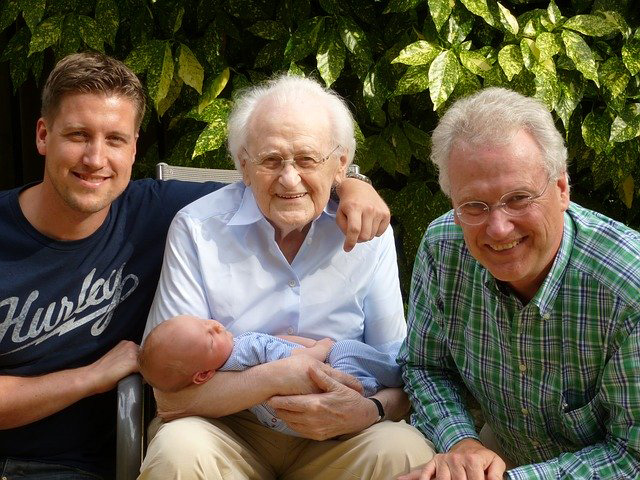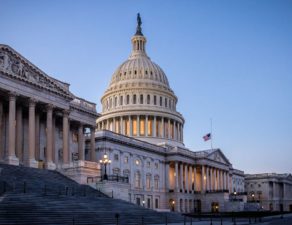
Dear Mr. Di Costanzo: Why do I need a Will or Trust if all my accounts have designated beneficiaries?
Beneficiary designations are extremely important and one of the most overlooked tools in an estate plan. For certain assets, such as retirement accounts, the lack of a designated beneficiary can cause adverse tax consequences. One of the tangential benefits of beneficiary designations is that upon the death of the account owner, the asset will automatically pass to the designated beneficiaries and avoid the hassle of probate or administration of the estate. Surprisingly, however, in certain circumstances, designating beneficiaries can lead to unintended consequences.
For instance, assume someone dies owning only a house (solely in the decedent’s name) and an investment account (with the decedent’s multiple children designated as beneficiaries). Let’s further assume that the decedent’s children intend to sell the house. Houses come with carrying costs – real estate taxes, insurance, etc. – and houses take time to sell. Because the investment account had beneficiaries designated, the assets in that account are then owned by the children – with no obligation to use the funds for anything concerning the house. What, then, is the source of funds to pay for the administrative expenses of the estate and carrying costs of the house, including costs necessary to ready the house for sale? The situation can be further complicated if the beneficiaries of the investment account are different than the beneficiaries of the house.
To solve the above problem, there needs to be estate liquidity – i.e., funds accessible during estate administration. In our fact pattern, it would be advisable to not have designated beneficiaries on the investment account so that the executor of the estate can have access to funds. If avoiding probate is also advisable, as is often the case, both the house and the investment account could be transferred to a revocable living trust. After death, the trustee of the trust would retain access to the funds during final administration of the trust.
Salvatore M. Di Costanzo is a partner with the firm of Maker, Fragale & Di Costanzo, LLP located in Rye and Yorktown Heights. Mr. Di Costanzo is an attorney and accountant whose main area of practice is elder law and estate planning. He can be reached at (914) 245-2440 (Yorktown Heights) or (914) 925-1010 (Rye) or via e-mail at smd@mfd-law.com. Visit his practice-specific website at www.plantodayfortomorrow.com.








